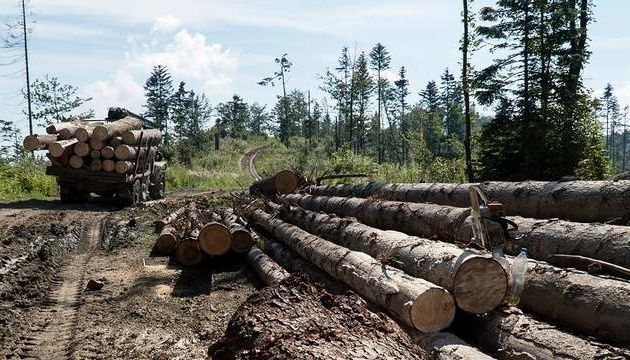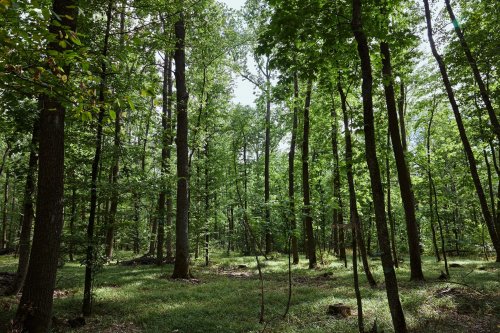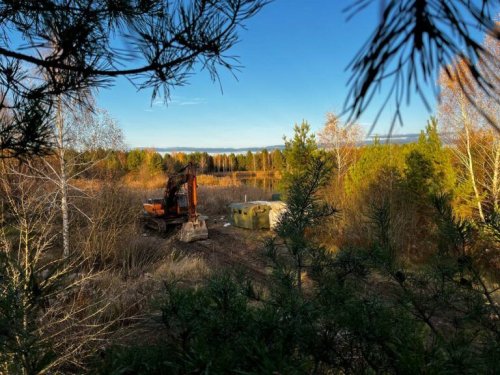In October alone, the Ministry of Economy, Environment, and Agriculture issued limits for sanitary logging on 195 hectares of protected land. Environmental activists from the KECC are convinced that this is just a cover for commercial logging, so they will challenge Deputy Minister Igor Zubovich's actions in court.
The Kyiv Ecological and Cultural Center insists that such actions are illegal, harmful to wildlife, and damaging to the overall image of national parks.
Environmentalists add that Roman Romanik, Deputy Minister to Igor Zubovich, and Edgar Tokar, Director of the Department of the Nature Reserve Fund, are responsible for preparing the permits.
The limits issued in October allowed trees to be cut down in the following national parks: Mezynsky, Karmelyukove Podillya, Biloozersky, and Hetmansky. This also applies to the Dnipro Rapids nature reserve and the Decembrists Park Monument.
Environmental activists note that trees are usually destroyed not only in the economic zone, but also in the protected zone of regulated recreation, where logging destroys wildlife. Referring to data from the Red Book, they add that such work could contribute to the destruction of 89 species of fauna and 33 species of flora. They also violate the Bern Convention, which Ukraine joined in 1996.
"Selective and other logging, for which the Ministry of Environment sets limits for national parks, nature reserves, and wildlife sanctuaries, is destroying these red-listed species. It is truly absurd—national parks, biosphere reserves, and nature reserves are destroying the very things they were created to preserve," writes KECC Director Volodymyr Boreyko.
Cover for commercial harvesting
Environmental activists claim that the real reason for issuing quotas is not forest restoration, but commercial harvesting.
"Sanitary logging is a legalized way of carrying out small-scale theft of timber on a particularly large scale or commercial harvesting in the interests of forest users, but to the detriment of the forest," adds the environmentalist.
Permission for ineffective measures
The official reason why national parks are given permission to destroy trees is to combat bark beetles. However, if you look at the figures, they show that such measures are ineffective.
Environmentalists have noted that the volume of such forest restoration has doubled in eight years. If we look at national parks separately, the increase in indicators is between 2 and 6.7 times. The KECC is convinced that if the number of fellings is increasing, this does not mean that the destruction of damaged trees helps to combat beetles.
Damage to wildlife and global experience
Is it necessary to fight bark beetles so radically? The experience of the Bavarian Forest in Germany shows that it is not. The KEKC reports that ecologists there consider bark beetle infestation to be a factor in the formation of natural forests.
"The fallen trees should remain in the forest because they become a habitat for many species of animals and plants. Bark beetles naturally prepare the ground for a new, diverse, and stable forest that is adapted to changing conditions," adds the director of the KECC.
Earlier, EcoPolitics reported that the Kyiv Ecological and Cultural Center appealed to the Prosecutor General's Office regarding the issuance of unlimited tree felling limits by the former Ministry of Ecology during the wild animal breeding season.
The KECC also provided detailed information about the damage to the environment that, in its opinion, was caused by the former head of the ministry, Svitlana Grynychuk.





